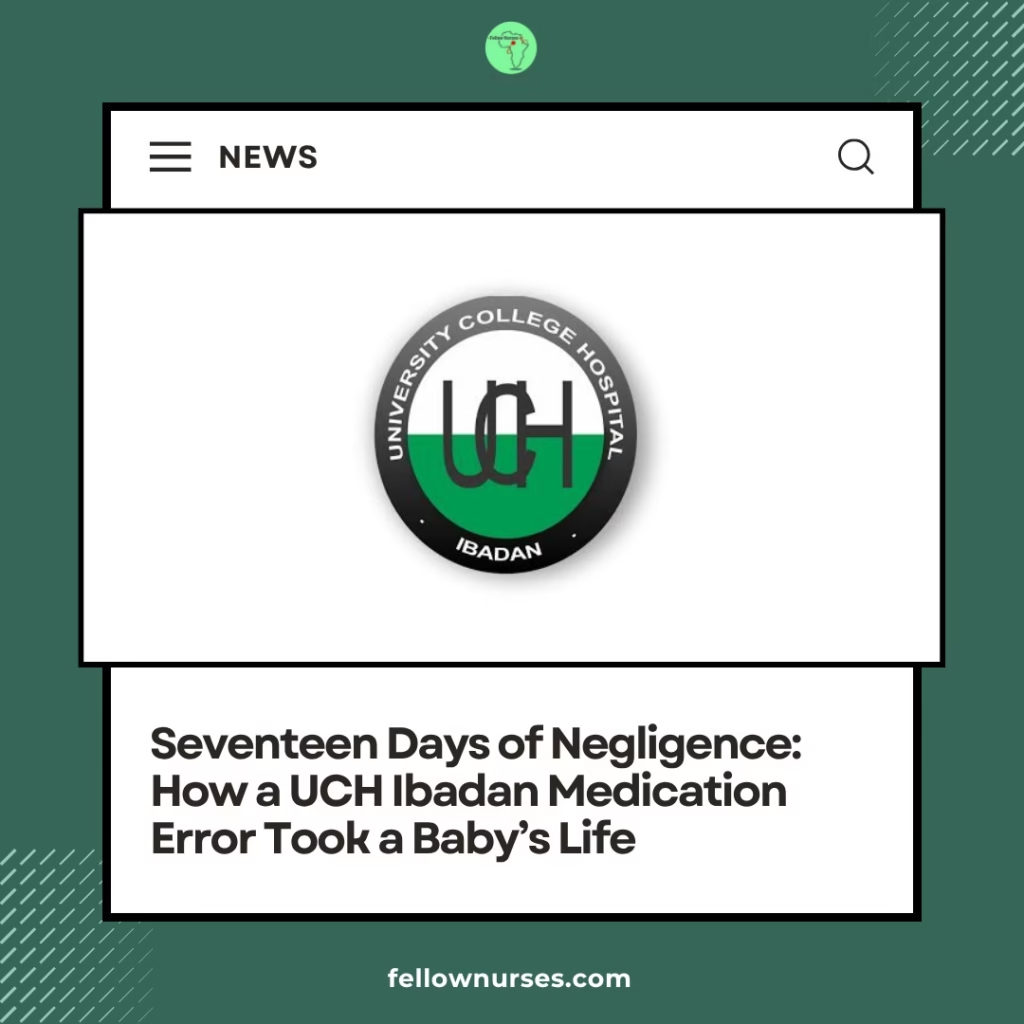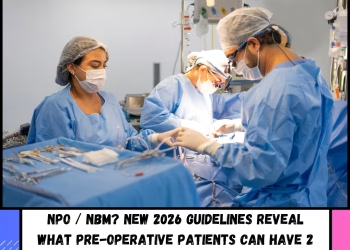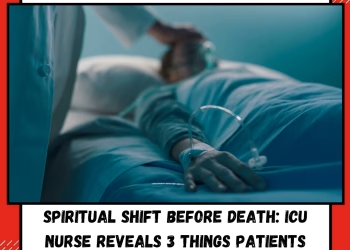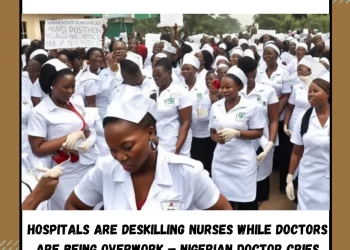Fellow Nurses Africa News, 09 August, 2025.

Seventeen Days of Negligence: UCH Ibadan Medication Error Claims Infant’s Life
Ibadan, Nigeria – University College Hospital (UCH), Ibadan, Nigeria’s oldest and most prestigious teaching hospital, is under scrutiny following a devastating medication error that allegedly led to the death of an infant. The grieving mother accuses the hospital of “gross negligence” after her baby, requiring careful cardiac treatment, was administered an overdose of Captopril for 17 consecutive days. This heartbreaking incident raises urgent questions about patient safety, intern oversight, and accountability in Nigeria’s healthcare system.
A Fatal Mistake: The Tragic Timeline
According to the mother, her baby’s cardiologist at UCH prescribed 2.5 mg of Captopril daily to manage a heart condition. However, an intern pharmacist reportedly dispensed 4 mL of a 6.25 mg/5 mL solution, resulting in a 5 mg daily dose—double the prescribed amount. This error continued unchecked for 17 days.
The mother, trusting the hospital’s expertise, questioned the dosage but was reassured by the intern that it was correct. No additional checks were made by the pharmacy or medical team. It wasn’t until the mother noticed her baby’s alarming symptoms—reduced urination, culminating in 12 hours without a wet diaper—that the error was discovered. By then, the damage was irreversible, and the infant tragically passed away.
Allegations of Silence and Indifference
Adding to the family’s grief, UCH allegedly failed to acknowledge or address the error. “No one caught it. No one admitted the error. No alarms were raised. No apology. No compassion,” the mother shared in a heart-wrenching account. After reporting the incident to the Head of Pharmacy, she was invited to explain the situation and provide her contact details, only to be met with silence. Follow-up messages went unanswered, leaving the family feeling ignored and abandoned.
A Systemic Failure in Patient Safety?
This tragedy exposes potential flaws in UCH’s medication safety protocols and intern supervision. As a leading teaching hospital, UCH is expected to uphold the highest standards of care while training future healthcare professionals. Yet, a 17-day unchecked error involving a vulnerable infant suggests a critical lapse in clinical oversight.
Globally, medication errors are a leading cause of preventable harm. The World Health Organization (WHO) estimates that such errors result in at least one death daily and harm 1.3 million people annually. Pediatric patients are particularly at risk due to weight-based dosing and their fragile conditions. In Nigeria, where healthcare systems face challenges like underfunding and staffing shortages, this case underscores the need for robust safety protocols to prevent such tragedies.
Calls for Justice and Reform
The grieving mother is demanding justice for her son and systemic change to protect other patients. Her calls to action include:
- A transparent investigation into the medication error
- Accountability for those responsible
- Implementation of stronger medication safety protocols at UCH and across Nigerian hospitals
- A public apology from UCH’s administration
“This is not just about my baby,” she said. “It’s about every baby whose life is treated like a statistic. This cannot continue.”
The Bigger Picture: Nigeria’s Healthcare Challenges
Nigeria’s healthcare system grapples with chronic underfunding, overstretched staff, and inadequate resources. However, critics argue that these challenges do not justify a 17-day oversight in a premier institution like UCH. This incident risks eroding public trust in Nigeria’s healthcare system unless decisive action is taken.
For nurses, pharmacists, and healthcare professionals, this case serves as a stark reminder of the importance of vigilance, accountability, and compassion. Medication errors, especially in pediatric care, can have catastrophic consequences. Hospitals must prioritize double-checking prescriptions, supervising interns, and fostering a culture of transparency when errors occur.
A Wake-Up Call for UCH and Beyond
This tragedy is more than a mistake—it’s a call to action. UCH and other Nigerian hospitals must strengthen safety protocols, ensure rigorous oversight, and treat patients and families with the dignity they deserve. For this grieving family, no action can undo their loss. But for future patients, lessons must be learned, and reforms must be implemented urgently.
Fellow Nurses Africa urges healthcare professionals, policymakers, and hospital administrators to rally behind this family’s call for justice. Let this be the catalyst for change in Nigeria’s healthcare system, ensuring that no other family endures such preventable heartbreak.
Fellow Nurses Africa is the independent voice of African nursing, we educate, inform and support the nursing profession









